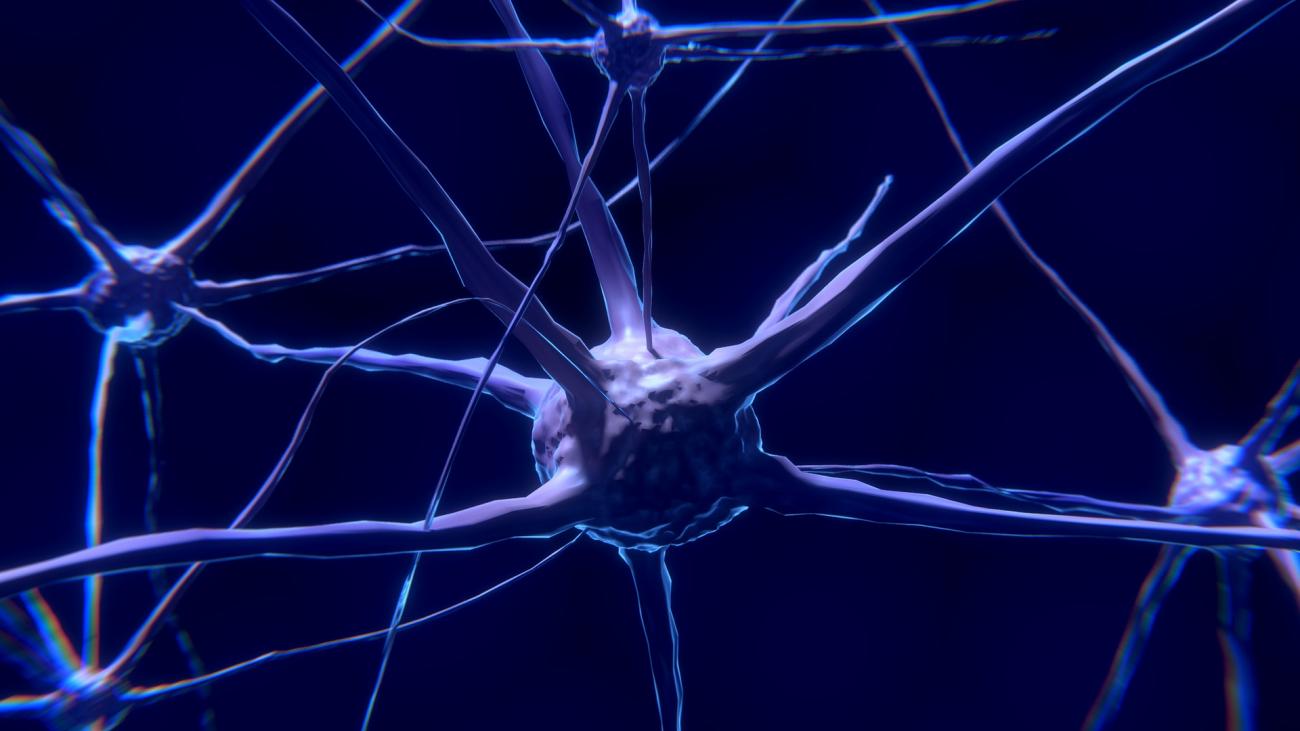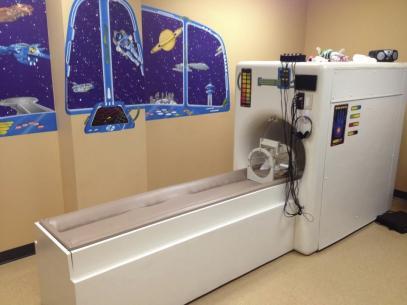The study of the interactions between emotion and cognition are fundamental to the study of human behavior. All aspects of basic cognition, from perception to memory, to learning may be studied within the social and emotional context. Indeed, affective neuroscience is a major area of investigation, as neuroscientists study the influence of emotion on cognitive processes and the neural networks underlying the interface of emotion and cognition. Our neuroscientists use imaging techniques to understand the bi-directional influence of emotion and memory, and the dynamics of learning within social contexts. Knowledge of cognition and emotion in the normal brain provides a foundation for investigations into psychopathology, which can lead to the identification of approaches to intervention.




